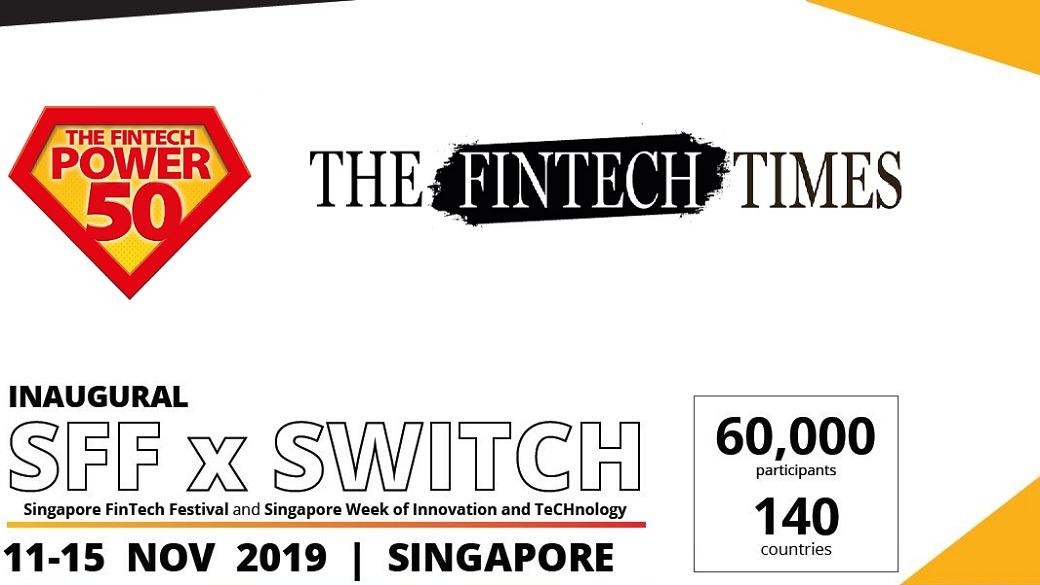Replace the ‘B-word’ with the ‘C-word’
Last Saturday night, I enjoyed an evening with close friends and family. Over the seven hours of dinner and conversation, the B-word was used many times. Robert Burns was a passionate poet – and Lothario – who had fathered 12 children by the age of his death at 39. He would no doubt be amused to know that, 224 years after his death, we were still toasting the Haggis, and the Lassies, on Burns Night.
But how about the other B-word that has dominated the headlines for over three years? Despite the fact that this dinner was only a few days before the UK was to exit a relationship with the EU that had lasted four years longer than Burns, our imminent departure was mentioned not at all.
That could be because my friends have a life. But probably because there is a sense that we have now, ‘Got Brexit Done’.
Which, of course, is simply not true.
Should we sit back and wait until the detail has been thrashed out in eleven months’ time? Or do we plan for how the payments industry can make the most of the new political, regulatory and economic landscape, whatever it may look like?
Let’s consider a few scenarios for what the payments landscape may look like post-Brexit.
- Remainer’s dream : Complete alignment
We leave the EU but there’s no practical difference to our day-to-day operating practices. A tight equivalence regime replaces the current one. There are some short-term costs of setting up new entities in the EU which then have to be wound down, and we have to work hard to convince those inside the EU that we are open for business. But things settle down and we wonder what all the fuss was about.
The UK remains a global source of innovation, talent, investment and leadership in payments. - Best of both worlds : Partial alignment
Right now, the EU wants us to align completely and forever with its rules and regulations. But the UK’s Chancellor, Sajid Javid, has argued that the UK will refuse to do this. The UK government plays hard ball but in the end makes sensible concessions, not just on trade but financial services too. We give similar access to EU organisations wanting to do business in the UK, but at a cost. The market then stimulates a flurry of innovations to minimise these costs and the benefits of additional business outside the EU are greater than the costs of doing so. Business thrives in the UK as we really have achieved the best of both worlds: access to the EU at a sensible cost and access to other markets through a prosperous UK hub.
The UK remains a global source of innovation, talent, investment and leadership in payments. - Go our own way : Minimal alignment
We reach January 1st 2021 and discover that we are simply not speaking the same language as our neighbours. It’s a hard Brexit, and ties are cut and passporting and equivalence of any kind are not permitted. Despite the FCA’s declarations to the contrary, our regulations and the EU’s start to diverge. To adjust to this, the Bank of England loosens its Capital Adequacy constraints and reduces corporate and investment taxes. A “Singapore-on-Thames” flag replaces the EU’s circle of twelve gold star everywhere. The EPA’s decision to run a Trade Mission to Asia in late March 2020 is seen to be enlightened, as we focus on export opportunities outside the EU: new avenues of trade with digital banks in Latin America, payment infrastructure buyers in Asia and wallet providers in Africa.
The UK remains a global source of innovation, talent, investment and leadership.
So in each scenario, the outcome is the same. With one proviso: that we focus on the C-word: Collaboration.
Our industry is renowned for its ability to collaborate in times of both opportunity and adversity. Now, more than ever before, we need to focus on collaborating in the time ahead to ensure that the UK’s departure from the EU represents the biggest boost for our industry in the last 25 years.
A boost for those in the UK. And a boost for our friends, clients and partners remaining in the EU.
So as we adapt to a world where the UK is outside the EU, let’s embrace the C-word: Collaboration.
Director General
Emerging Payments Association
Latest Articles

International Women’s Day 2021
International Women's Day 2021 To celebrate International Women's Day 2021, Barclays would like to invite you to join a series of panel discussions to be held virtually on: Monday, 8 March - 8:30am - 9:30 am EST / 1:30pm - 2:30pm GMT Thursday, 11 March - 4:00pm -...

Fintech investment builds on momentum and is set for record year
Fintech is continuing to enjoy popularity with investors who see it as a sector with excellent prospects for sustainable growth. The sector’s rise last year against a backdrop of great uncertainty has continued in 2021, with strong investment volumes gaining momentum....

Singapore Fintech Festival 2019
Singapore FinTech Festival 2019 summary of activities from the Fintech Power 50: Singapore FinTech Festival 2019 has proved another resounding success. Inaugural SFF x SWITCH sees over 60,000 participants from 140 countries; event to return on 9-13 November 2020....





